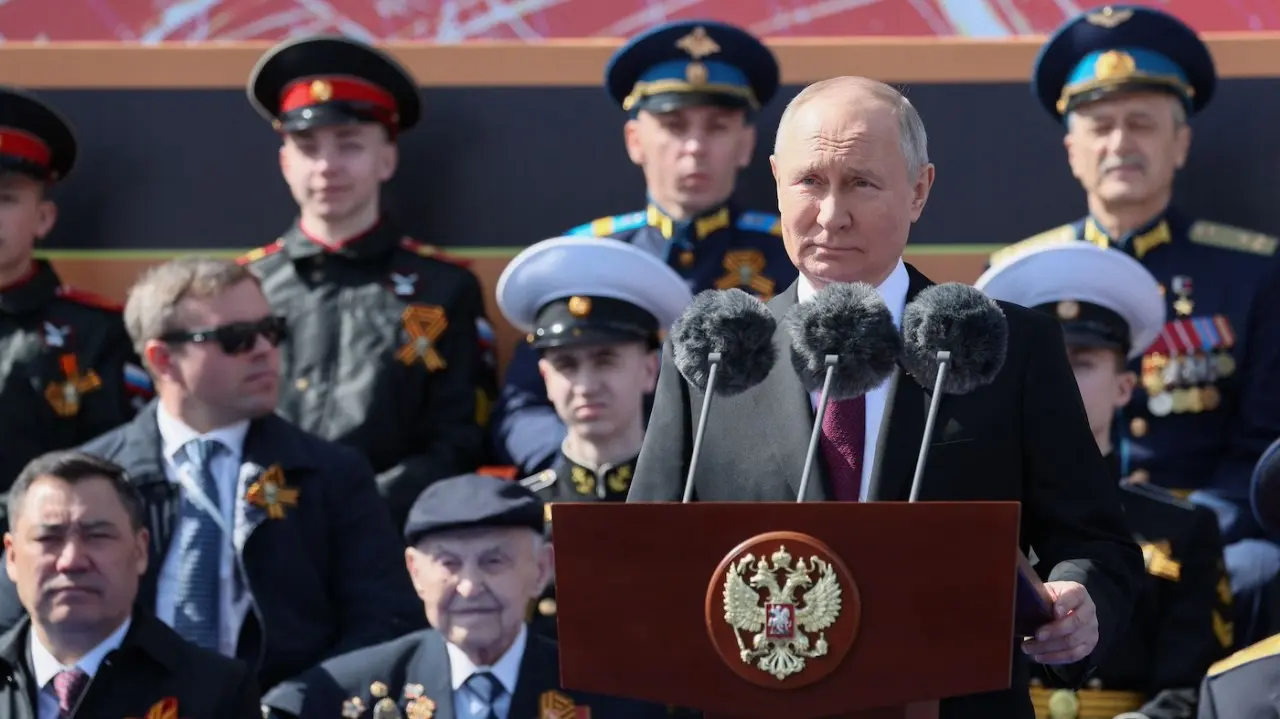Opinion piece by professor of political science Alexander J. Motyl.
A synopsis of sorts from the first few paragraphs:
Analysts of Russia differ about many things, but the most important difference concerns their interpretation of the roots of Russia’s ongoing aggression. One side argues that Russian history and political culture are to blame — or, to put it more simply, uniquely Russian characteristics are the cause of Russian aggression. The other side argues that the causes are not uniquely Russian, but typical of the behavior of certain kinds of states, regimes, societies and leaders.
Unsurprisingly, historians of Russia and Ukraine tend to fall into the first camp, while political scientists with a comparative bent tend to fall into the second camp. Equally unsurprisingly, the first camp sees no easy solutions to Russia’s current behavior, precisely because it’s just a continuation of an age-old pattern of Russian behavior inspired by the inalterable Russian soul.
[…]
In contrast, social scientists are often somewhat more bullish about Russia’s prospects of change. Other countries have abandoned centuries of authoritarianism, so why not Russia? It may not be easy, but it’s surely possible, with the right array of policies and under the appropriate conditions.
[…]
So, who’s right? Alas, both perspectives are, and that’s why there is no easy answer to the problem of Russian imperialism.



Are Allied analyses going to be so limited in scope from now on that there is absolutely no need to ask (let alone answer) the question: has Hitler in any way been provoked?
Never let is be asked: is there an ever-so-slight possibility that this might be blowback from something the Allies did.
(I agree completely with your sentiment, but Hitler’s rise to power was helped greatly by reparations placed on Germany after WW1, Nazi propaganda loved to remind people about it)